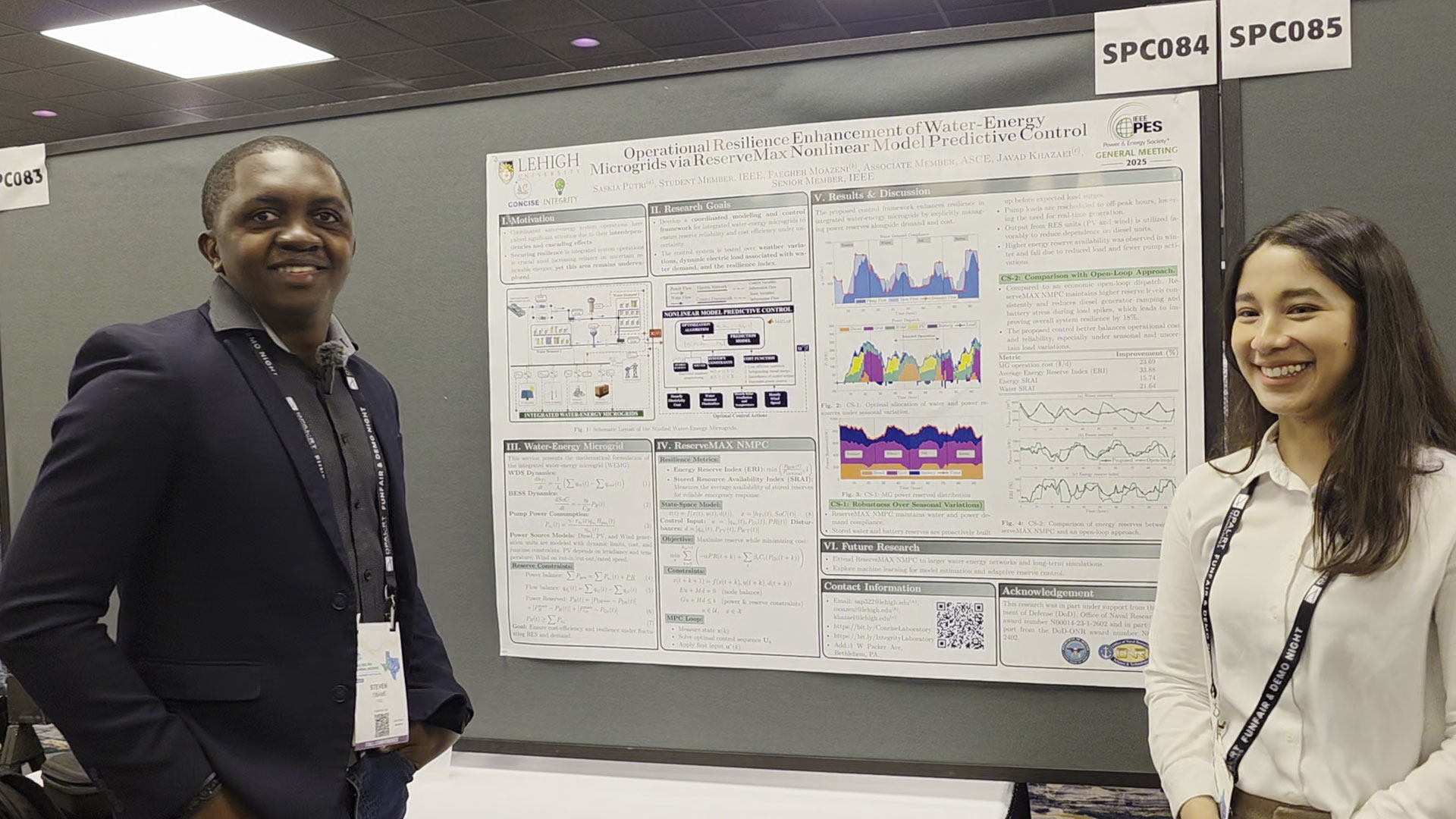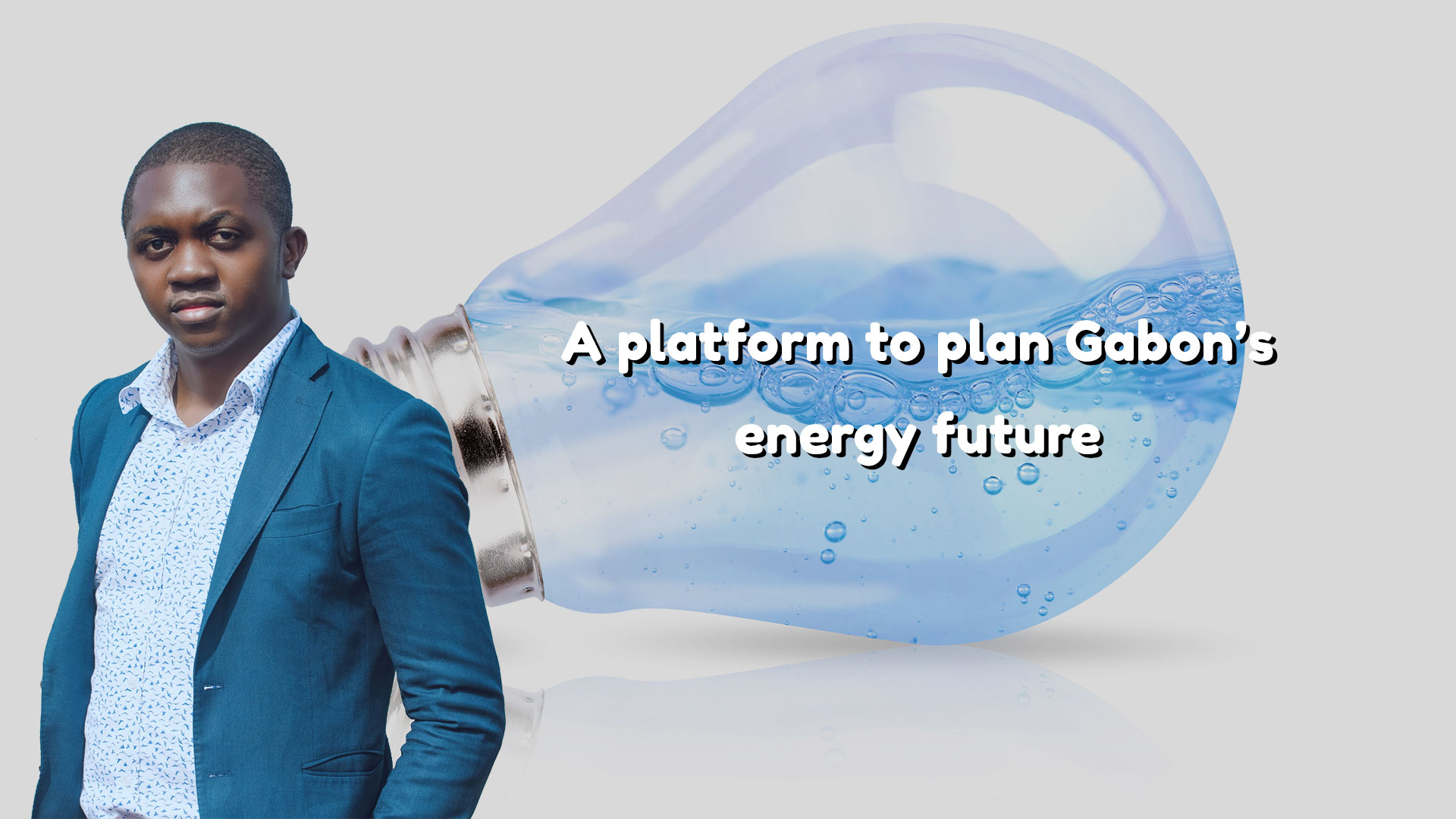At the IEEE PES General Meeting 2025 in Austin, I had the privilege of interviewing Saskia Anindya Putri, a PhD candidate in Water Resources Engineering and Research Assistant at the P.C. Rossin College of Engineering and Applied Science, Lehigh University, Pennsylvania, USA.
In this interview, Saskia presented her work on coordinated operation of water–energy microgrids, an innovative approach where water pumping stations are powered exclusively by microgrids integrating batteries, solar PV, wind turbines, and diesel generators.
She explained how a nonlinear model predictive control strategy, with a 24-hour forecasting horizon, can optimize operations by reducing costs, maximizing reserve capacity, and ensuring smooth control actions. Seasonal simulations showed that incorporating batteries into the energy strategy can improve operational resilience by 18 %.
For Gabon, this model represents a strategic opportunity. While the country benefits from significant hydropower resources, wind energy remains largely unexplored, though a feasibility study has been launched for a pilot wind project near Libreville. Solar power is still rare, despite notable projects such as the 120 MW Ayémé plant and the planned 50 MW facility in Oyem.
An integrated microgrid approach could accelerate the development of solar and other renewable energies in Gabon. It offers a viable solution to strengthen infrastructure in remote areas, reduce dependency on imported diesel, and make the most of available solar and hydropower resources.
Steven OBAME











